Holy Week is a time of solemn reflection for Christians, commemorating the final days of Jesus Christ’s life. However, this sacred period takes on an additional layer of intrigue in some corners of the world, particularly the Philippines.
These Holy Week superstitions run alongside the core religious traditions, offering a glimpse into local folklore and age-old customs. They can be lighthearted or nerve-wracking, adding a unique flavor to the observance of Holy Week.
What is the superstitious belief in Holy Week?
Many Christians, particularly Catholics, observe a period of solemnity and reflection during Holy Week. Here’s what you might avoid to respect the religious traditions:

- Silence is Golden
- Holy Week is a solemn period, particularly Good Friday and Black Saturday. Loud noises, partying, or even watching TV at high volumes are discouraged to maintain an atmosphere of reverence.
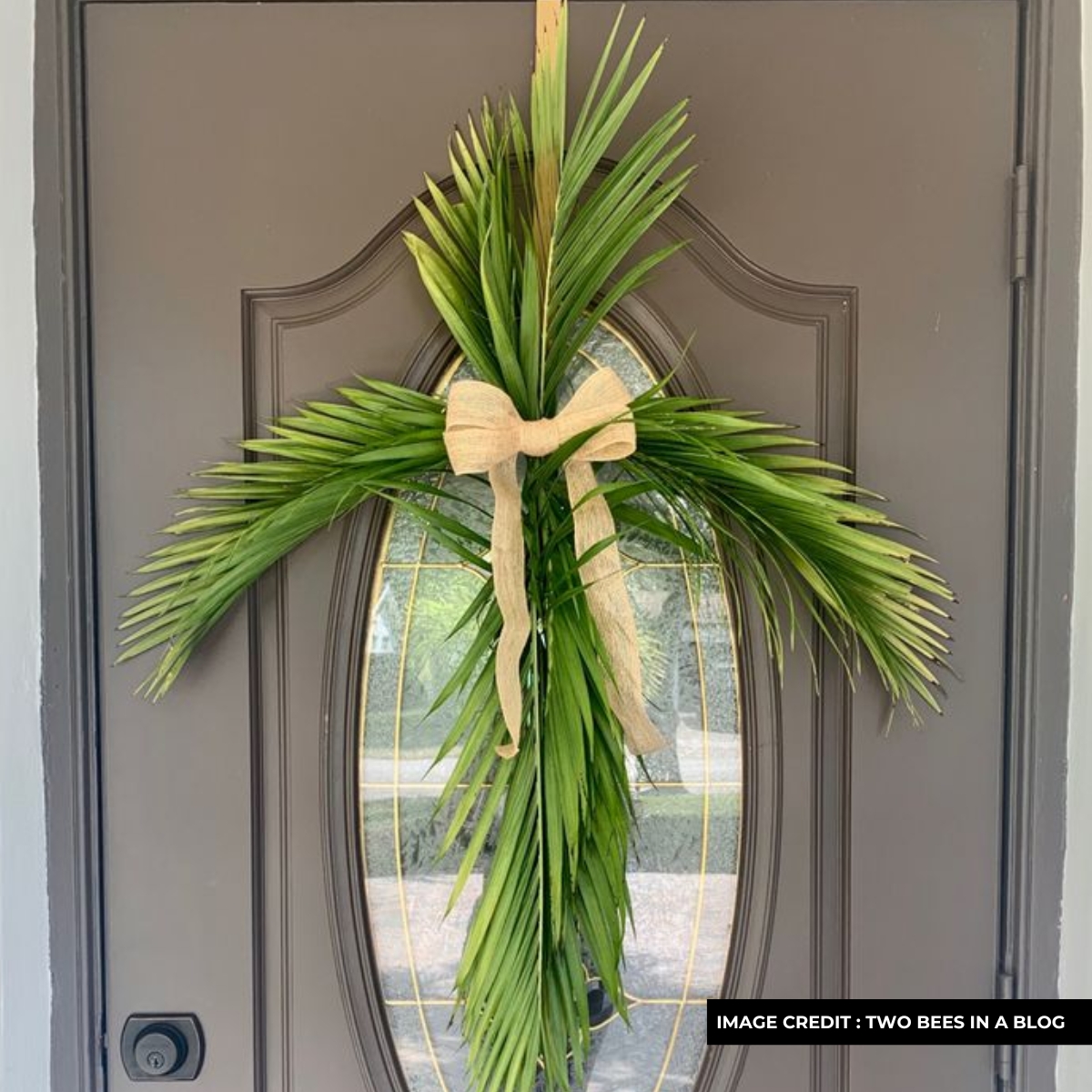
- Guarding the Doors
- Some believe malevolent spirits are emboldened during Holy Week as Jesus cannot protect them. To ward off evil, many Filipinos place blessed palm leaves (palapás) from Palm Sunday by their doors.
Also Read: LIST: 2024 Holy Week Mall Hours in Davao

- Respectful Water Use
- Beliefs about water vary throughout the week. Taking a bath or doing laundry after 3 pm on Good Friday is frowned upon, suggesting disrespect for the time of Jesus’ death.

- Holy Rain
- However, rain on Easter Sunday is considered sacred and thought to have healing properties. People might even collect it for later use.
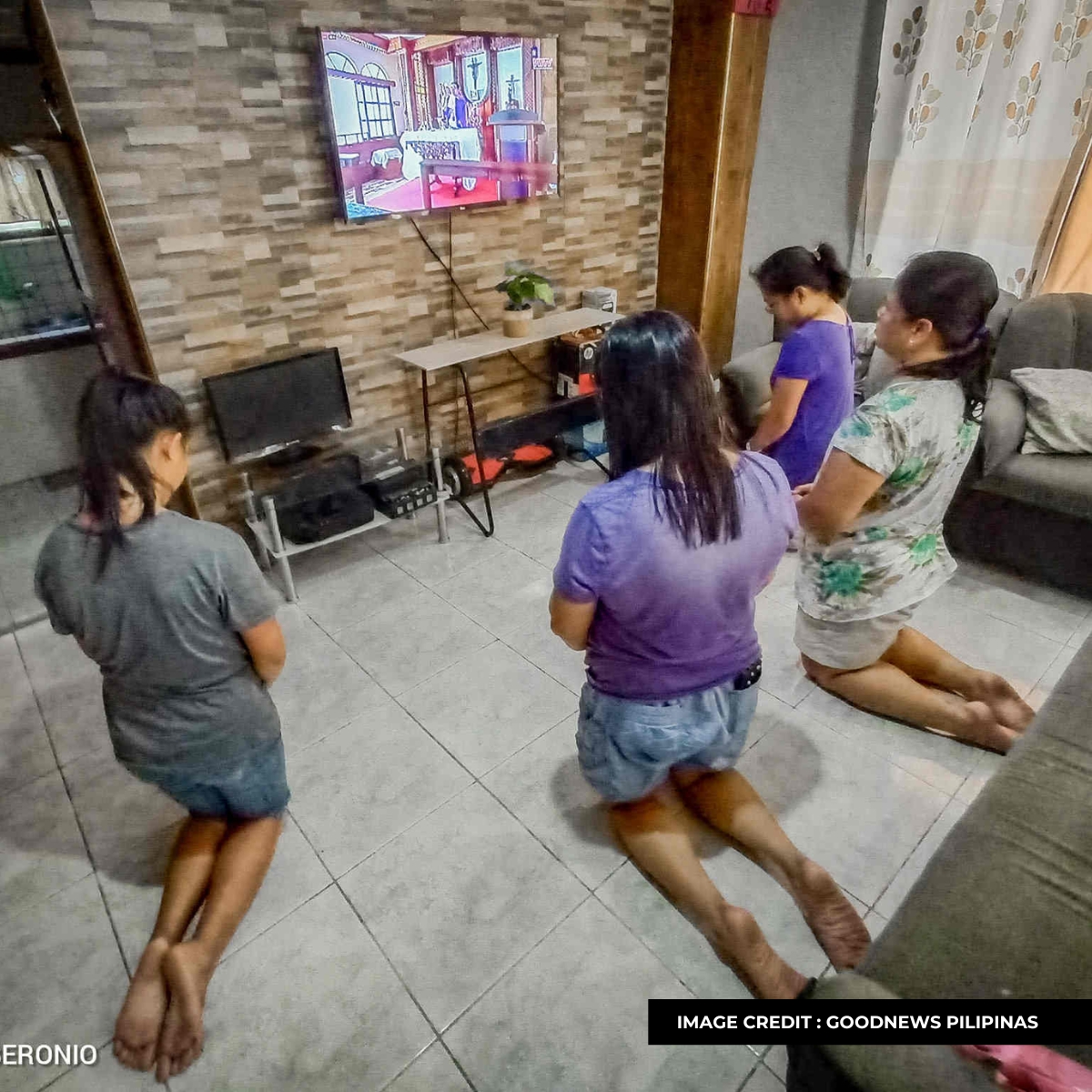
- Staying Put
- Traveling during Holy Week is sometimes discouraged. Superstition suggests that with Jesus suffering or dead, travelers might encounter misfortune or accidents.
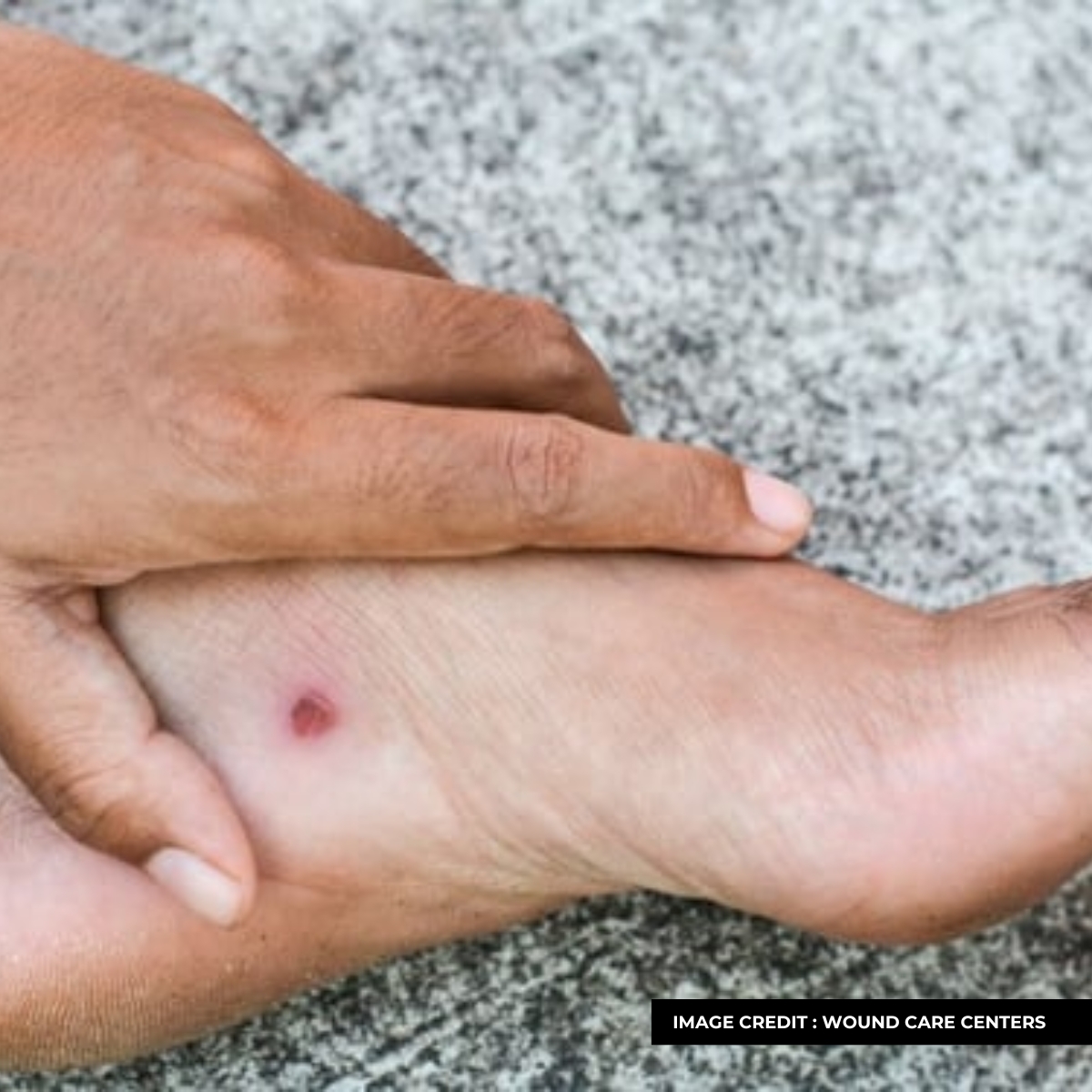
- Slower Recovery
- A belief holds that wounds incurred during Holy Week take longer to heal. This might be a way to keep children from being rambunctious and potentially getting hurt.
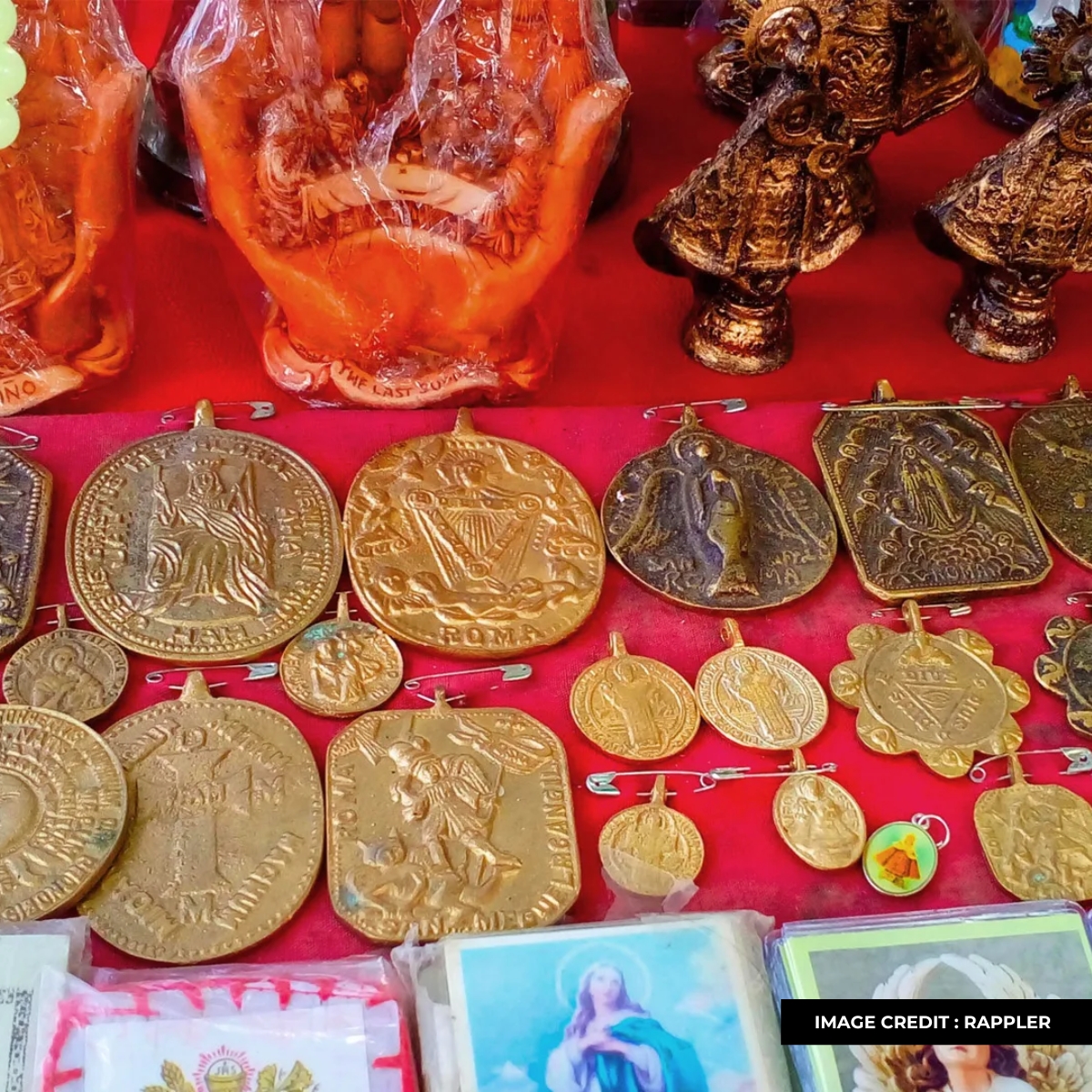
- Strengthening Amulets
- Faith healers (albularyos) are believed to be able to imbue amulets with extra power on Good Friday. This is a time for them to perform special rituals to strengthen their amulets’ protective properties.
Also Read: LIST: 2024 Holy Week Mall Hours in Quezon City
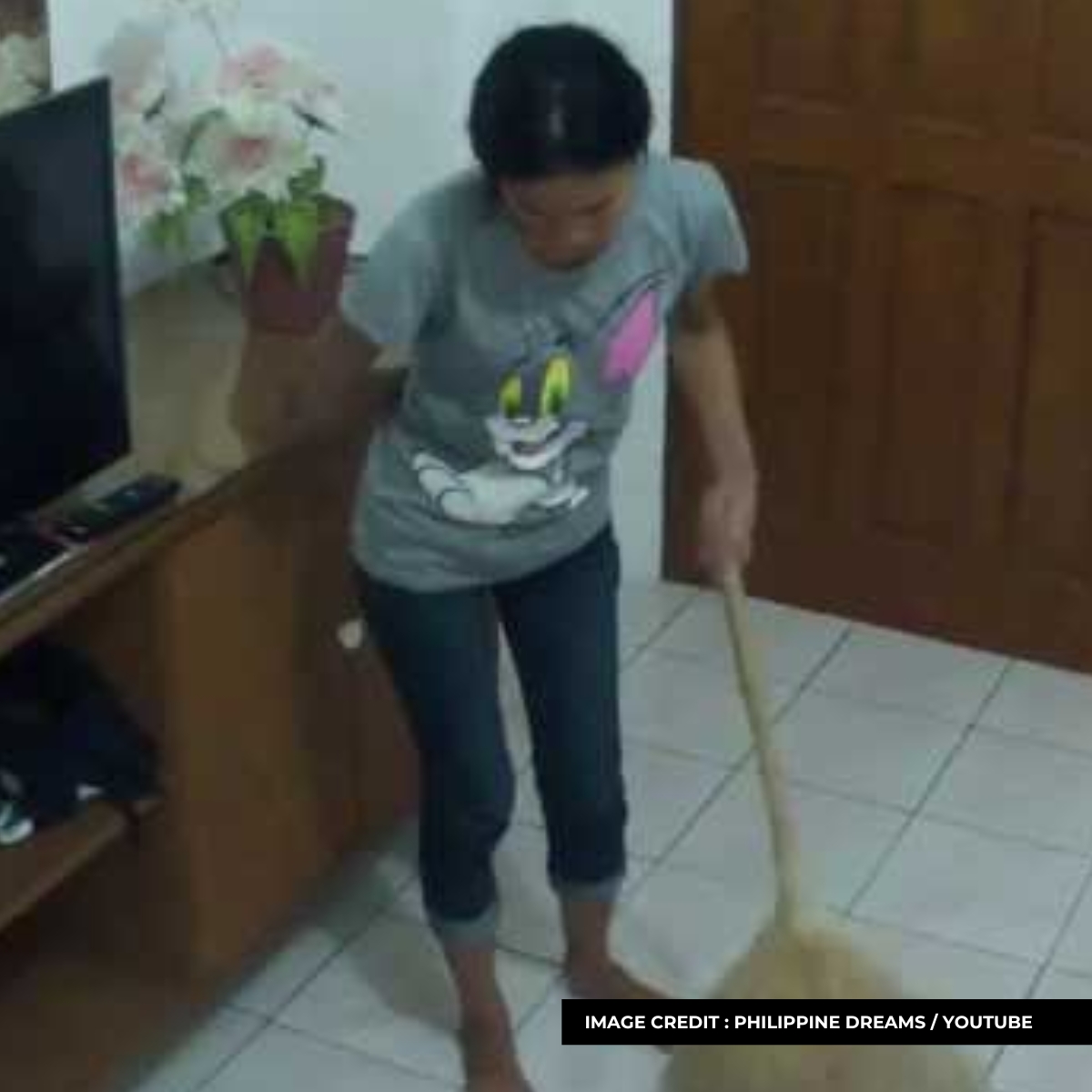
- Sweeping
- Some believe sweeping the floor during Good Friday and Black Saturday is highly discouraged, as it may release luck or blessings within the home.
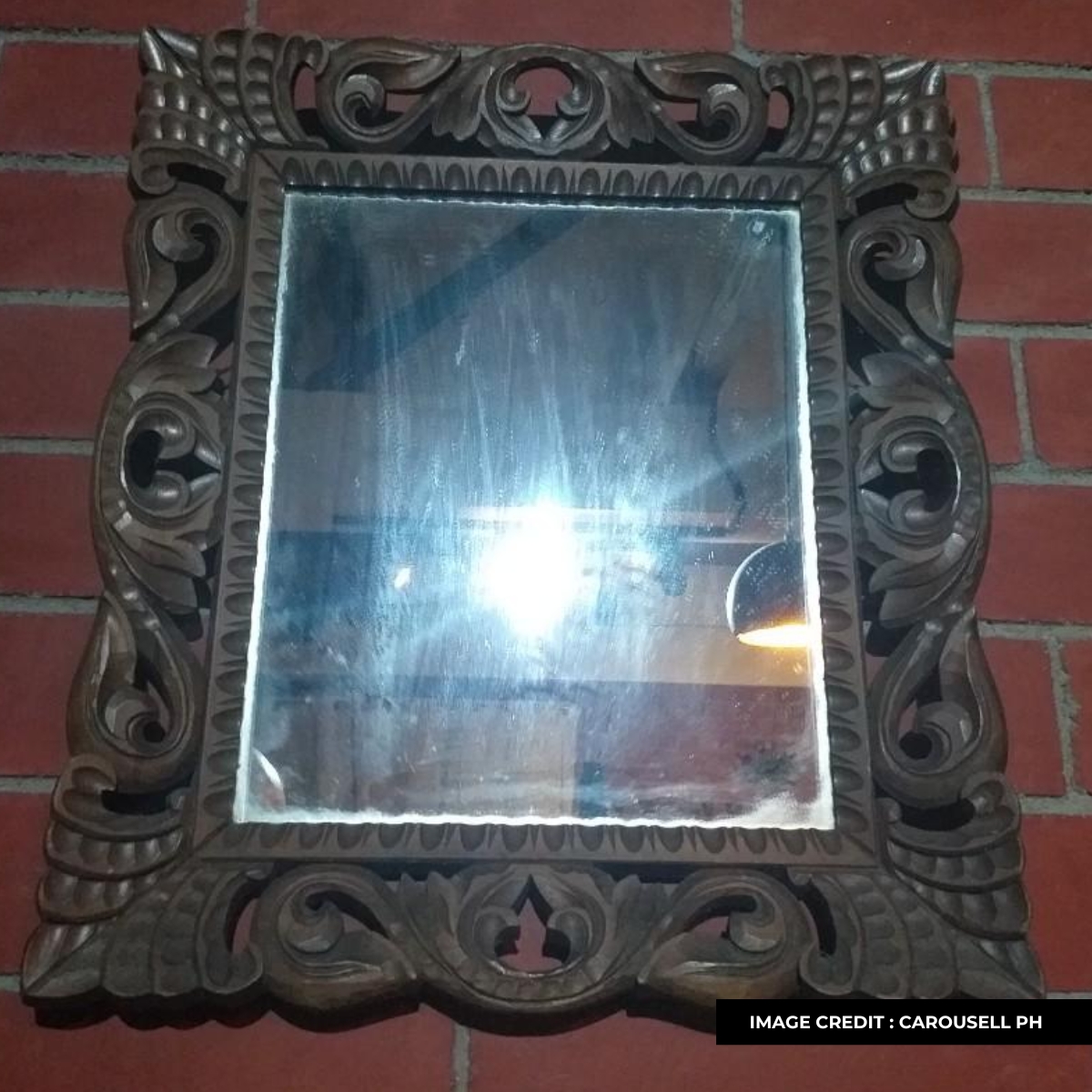
- Looking in the Mirror and Smiling
- Avoid looking in mirrors after 3 pm, as evil spirits are believed to be more active now. Avoid laughing or smiling on Good Friday, especially at 3 pm. The reason behind this varies, but some believe it disrespects the day’s solemnity.
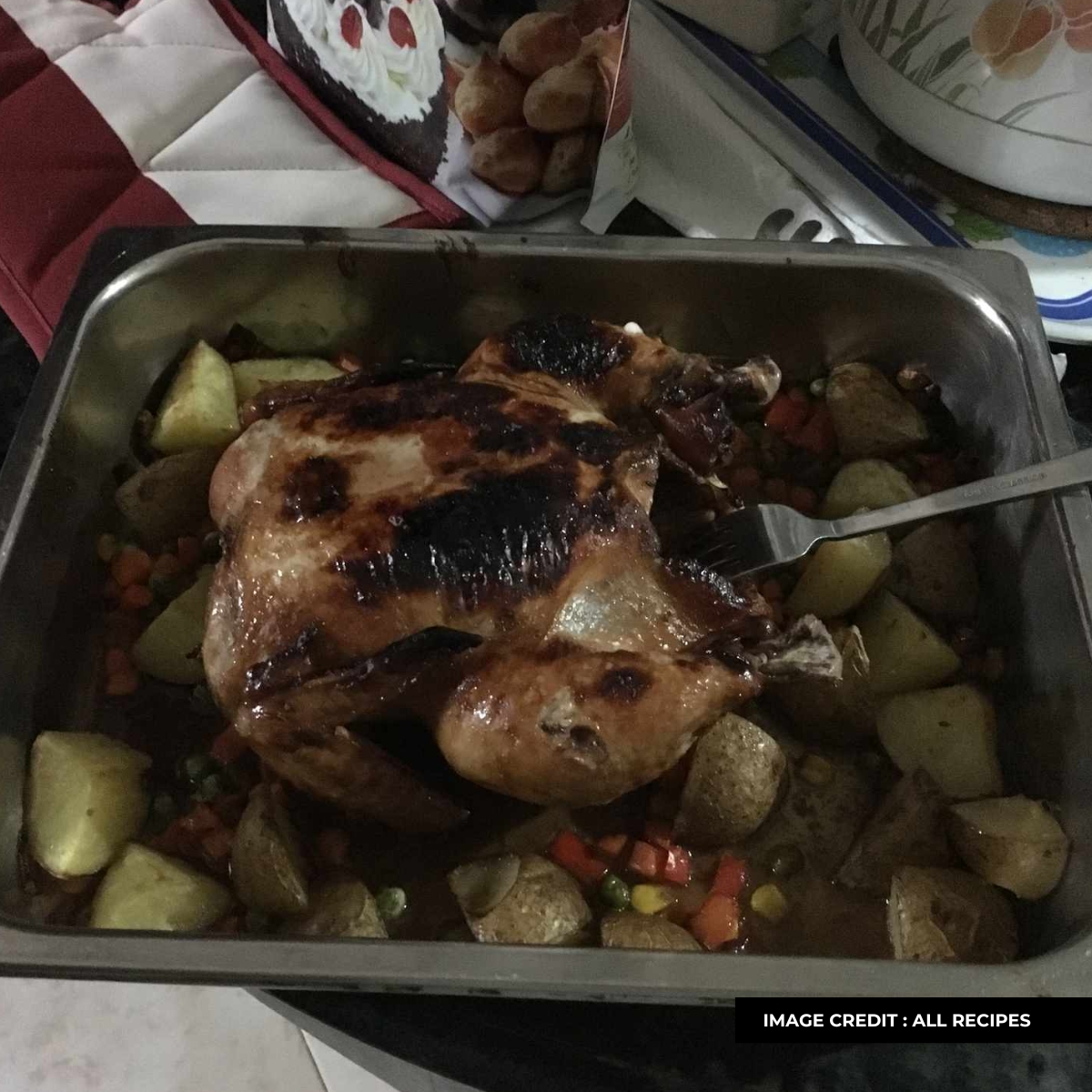
- Roasting food
- During Holy Week, roasting foods is believed to make your face black.
Bottom Line
Holy Week in the Philippines is a time for solemn reflection, family gatherings, and celebrating. Whether participating in religious traditions or observing cultural beliefs, Filipinos find a way to connect with the spiritual significance of the season. These heartwarming and hair-raising superstitions add a touch of intrigue and a unique flavor to a sacred period.
Remember, these superstitions exist alongside the core religious traditions of Holy Week. Filipinos often celebrate their faith while acknowledging these folkloric beliefs passed down through generations.
Sources: (1), (2), (3), (4), (5)
Keep Reading: Mark Your Calendars: Holy Week 2024 Brings Extended Weekend
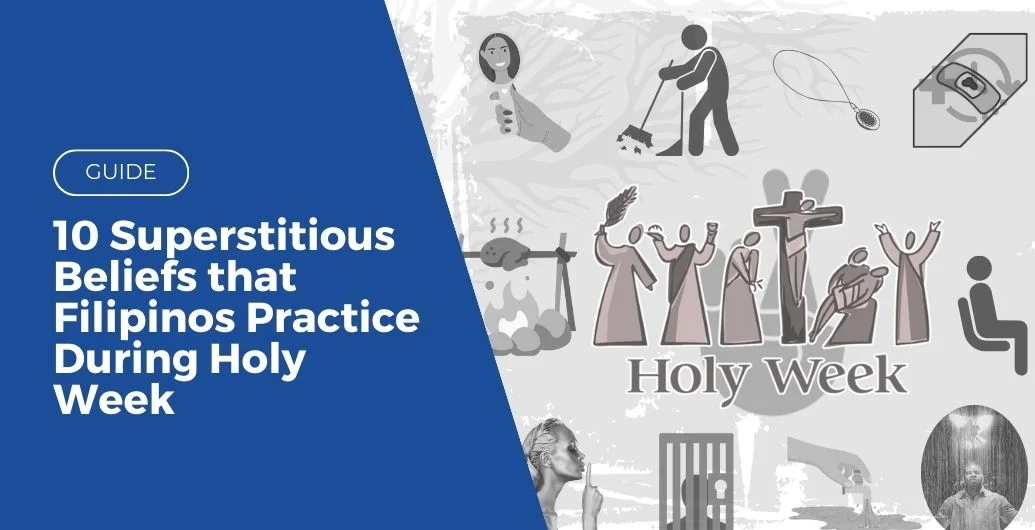
Leave a Reply